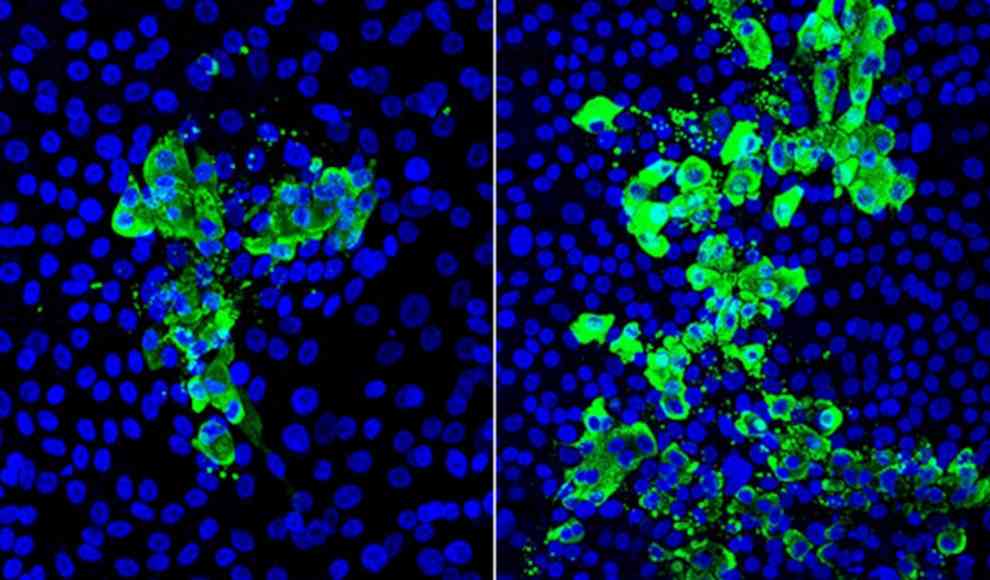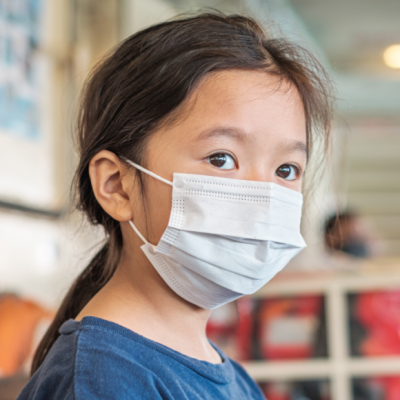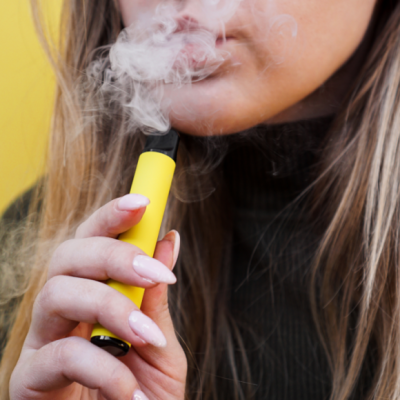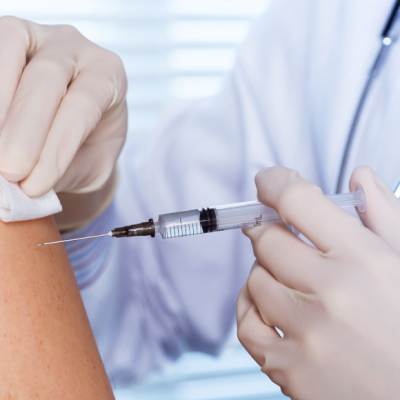Smoking Hampers the Formation and Maturation of Respiratory Stem Cells, Increasing the Risk of Severe Covid-19
A recent study conducted by scientists at the University of California in Los Angeles (UCLA) has found that smoking increases the risk of severe Covid-19 by hindering the formation and maturation of respiratory stem cells. The study, published in the journal Cell Stem Cell, used air-liquid-interface cultures to examine the effects of cigarette smoke on human respiratory cells. The researchers found that exposure to cigarette smoke significantly increased the replication of SARS-CoV-2, the virus that causes Covid-19, in the cells. Additionally, the smoke exposure led to a higher number of infected cells and increased cell death.
The study’s lead author, Arunima Purkayastha, explained that smoking weakens the natural defense mechanisms of the respiratory system, making it easier for the virus to attack and infect cells. The smoke also triggers an immune response in the respiratory cells, which reduces the production of interferon, a key immune signaling molecule. This, in turn, makes it harder for the cells to mount an effective defense against the virus. The researchers suggest that smoking may also impair the ability of respiratory stem cells to repair damaged tissue, further increasing the risk of severe Covid-19.
The study’s findings have important implications for public health, particularly in light of the ongoing Covid-19 pandemic. The researchers note that further studies are needed to determine whether passive smoking also increases the risk of severe Covid-19 and whether the number of cigarettes smoked per day affects this risk. They also plan to investigate whether former smokers remain at increased risk of severe Covid-19. Overall, the study highlights the importance of quitting smoking to reduce the risk of severe Covid-19 and other respiratory illnesses.










